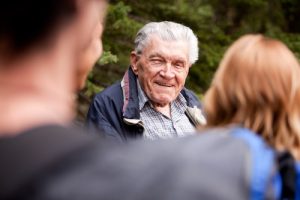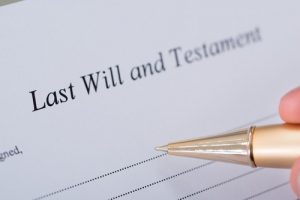How much are you REALLY paying to live on Long Island?
 If you are a resident of Nassau or Suffolk County, then you have most likely heard complaints of how expensive it is to live here. According to recent reports, Nassau and Suffolk counties are the most expensive places to live in the United States (including Hawaii, NYC, San Francisco, and Washington D.C.).
If you are a resident of Nassau or Suffolk County, then you have most likely heard complaints of how expensive it is to live here. According to recent reports, Nassau and Suffolk counties are the most expensive places to live in the United States (including Hawaii, NYC, San Francisco, and Washington D.C.).
Although six factors made up the rankings in these reports, including housing, taxes, health care, child care, transportation and “other necessities” such as food, the one factor that garnishes the most complaints is “taxes.”
Another complaint you may have heard about is traffic cameras that catch unsuspecting drivers speeding or committing other traffic violations. Many complaints have come from those drivers who have received tickets, and many of the complaints have argued that the tickets are “just a money grab for the county.”


 The Suffolk County Sheriff’s office has implemented the Project Lifesaver program. Project Lifesaver is a countywide emergency response locator system to help locate someone with cognitive impairments who may have wandered or gotten lost.
The Suffolk County Sheriff’s office has implemented the Project Lifesaver program. Project Lifesaver is a countywide emergency response locator system to help locate someone with cognitive impairments who may have wandered or gotten lost.

